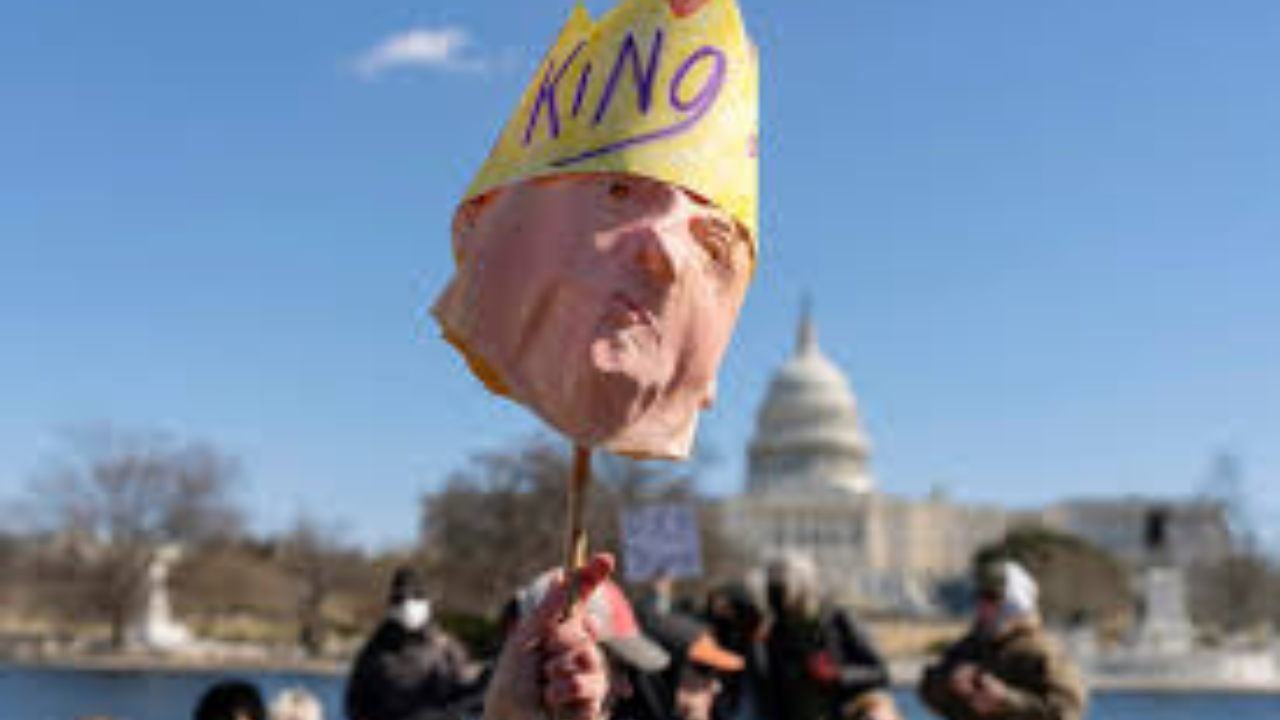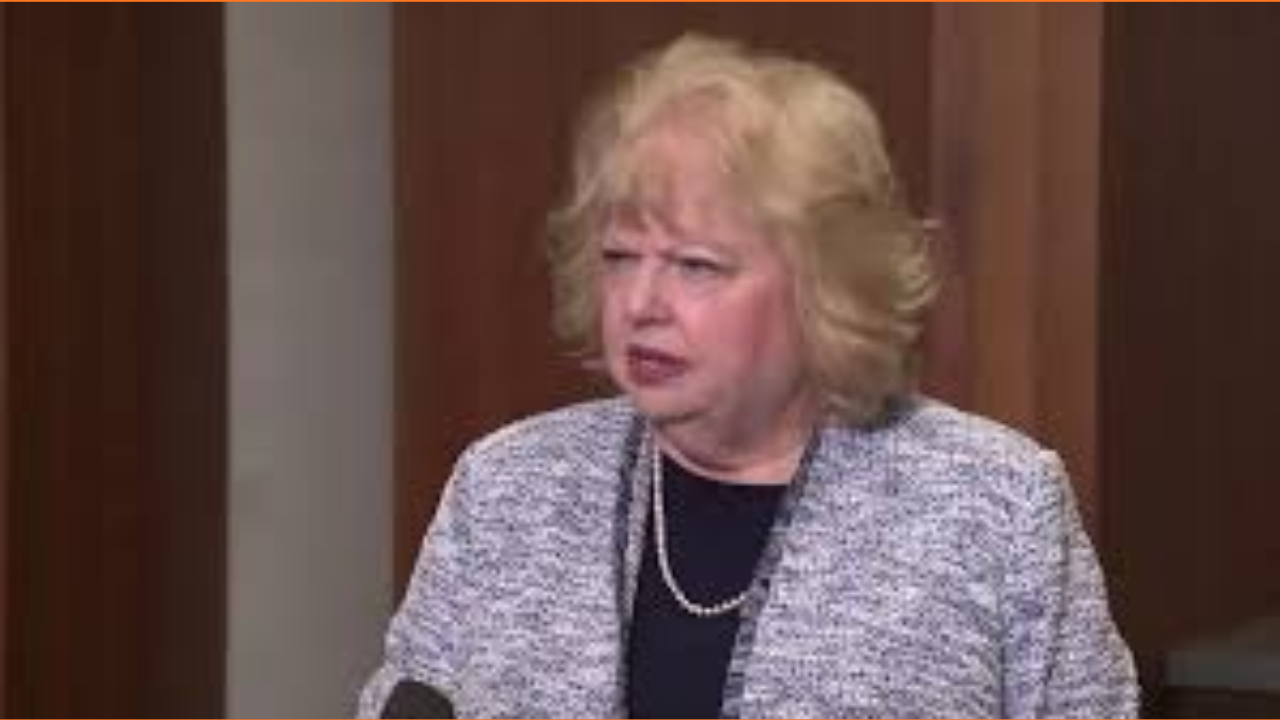Will Trump’s 25% Tariff Make Your Next iPhone More Expensive in India? What Indian Buyers Must Know
Thank you for reading this post, don't forget to subscribe!Udaipur, Rajasthan, India – July 31, 2025 – While US President Donald Trump’s recently announced 25% tariff on Indian exports to the U.S. doesn’t directly target iPhones sold within India, analysts warn it could still indirectly drive up prices for Indian consumers. Apple’s increasing reliance on India as a global manufacturing hub means this policy could have significant ripple effects on local buyers.
The Indirect Impact on iPhone Prices in India:
Apple has been aggressively expanding its iPhone production in India, aiming to reduce supply chain costs and leverage lower customs duties on locally assembled devices. This strategy, however, faces a challenge with the new tariff.
- Slower India Expansion: If Apple cannot profitably export iPhones from India to the U.S. due to the 25% tariff, its ambitious expansion plans in the country may slow down. This could lead to reduced production volumes.
- Higher Costs: A deceleration in local manufacturing could result in higher component costs and limit the economies of scale that Apple aimed to achieve, especially for high-end models like the iPhone Pro and Pro Max.
- Fewer Discounts, Potential Hikes: In a scenario where Apple scales back its Indian output, Indian buyers might experience fewer discounts, slower price reductions, or even outright price hikes on future iPhone models.
Why iPhones Are Already More Expensive in India:
Even before this new tariff, iPhones in India were significantly pricier than in the U.S., costing up to 45% more. This is due to a combination of factors built into the retail price:
- Customs Duties: 15-22%
- Goods and Services Tax (GST): 18%
- Apple’s Margin: 20-35%
- Retail Markup: 3-5%
- Currency Conversion Impacts
For instance, the expected launch prices for the iPhone 17 series in India are considerably steep:
- iPhone 17 Pro Max: Starts at ₹1.64 lakh (compared to $1,399 in the U.S.)
- iPhone 17: ₹79,900–₹89,990
- iPhone 17 Pro: ₹1.45 lakh
Strategic Setback for Apple’s “China + One” Strategy:
Apple’s long-term vision has been to diversify its manufacturing base, establishing India as its second major iPhone hub alongside China. The tariff throws a wrench into this “China + One” strategy, potentially hindering India’s emergence as a key export hub for iPhones destined for the American market. This could mean persistently high retail prices for Indian consumers, particularly for the premium Pro and Pro Max models, in the years to come.

















